Indoor Plants Toxic To Pets
A Guide for Dog and Cat Owners
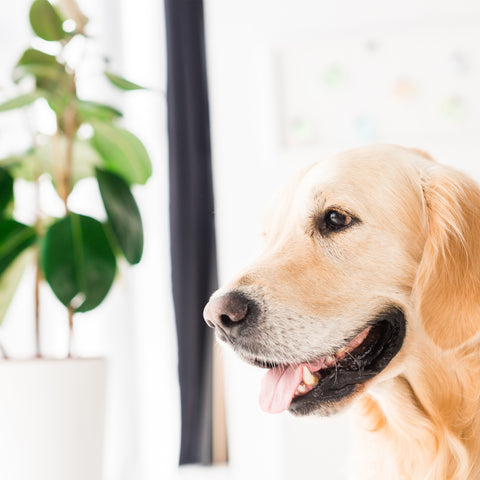
Plants Toxic to Dogs
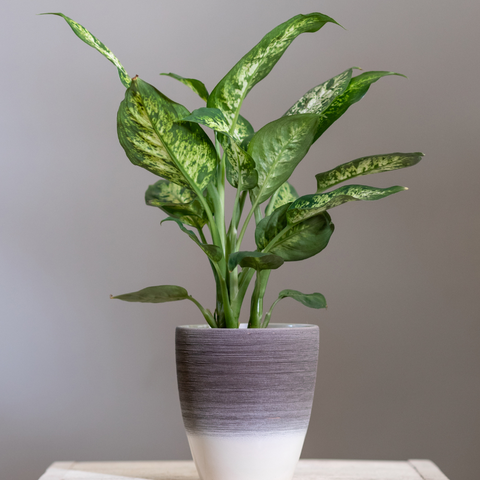
Dieffenbachia (Dumb Cane)
Toxic Components: Calcium oxalate crystals.
Symptoms in Dogs: Oral irritation, excessive drooling, vomiting, and difficulty swallowing.
What to Do: Rinse your dog's mouth and tongue with water, and seek veterinary help if symptoms persist.

Philodendron
Toxic Components: Calcium oxalate crystals.
Symptoms in Dogs: Oral irritation, excessive drooling, vomiting, and difficulty swallowing.
What to Do: Rinse your dog's mouth and tongue with water, and seek veterinary help if symptoms persist.
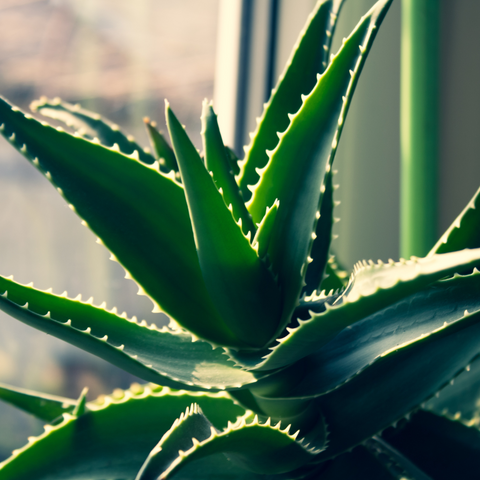
Aloe Vera
Toxic Components: Saponins.
Symptoms in Dogs: Vomiting, diarrhea, lethargy.
What to Do: Monitor for symptoms and consult your veterinarian.
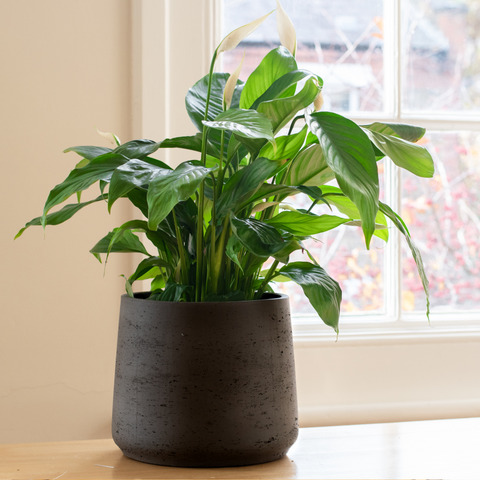
Peace Lily (Spathiphyllum)
Toxic Components: Calcium oxalate crystals.
Symptoms in Dogs: Oral irritation, excessive drooling, vomiting, and difficulty swallowing.
What to Do: Rinse your dog's mouth and tongue with water, and seek veterinary help if symptoms persist.
Plants Toxic to Cats
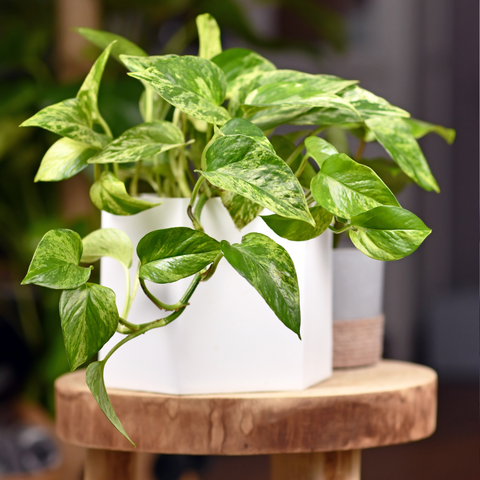
Pothos (Epipremnum aureum)
Toxic Components: Calcium oxalate crystals.
Symptoms in Cats: Oral irritation, excessive drooling, vomiting, and difficulty swallowing.
What to Do: Rinse your cat's mouth and tongue with water, and seek veterinary help if symptoms persist.

Snake Plant (Sansevieria)
Toxic Components: Saponins.
Symptoms in Cats: Nausea, vomiting, diarrhea.
What to Do: Monitor for symptoms and consult your veterinarian.

Dracaena (Multiple Varieties)
Toxic Components: Compounds that can cause vomiting.
Symptoms in Cats: Vomiting, lethargy.
What to Do: Monitor for symptoms and consult your veterinarian.
What to Do If Your Pet Ingests a Toxic Plant:
- Immediately remove your pet from the plant to prevent further ingestion.
- Identify the plant to provide accurate information to your veterinarian.
- Contact Your Veterinarian or Emergency Clinic. Seek professional advice immediately. Do not wait for symptoms to appear.
- Keep a close eye on your pet for signs of distress or illness.
- Inducing vomiting can be dangerous in some cases and should only be done under the guidance of a veterinarian.
- Bring a sample or photo of the plant to the veterinarian for identification.
Remember, prevention is key. Keep toxic plants out of reach of your pets, and be proactive in creating a safe environment for them to thrive. If in doubt, consult your veterinarian for pet-friendly indoor plants.
Signs of plant toxicity or poisoning may manifest as any combination of the following:
- Fatigue
- Nausea
- Bowel irregularities (such as diarrhea)
- Presence of blood in stool
- Increased drinking/urination
- Paleness in the gums
- Muscle twitching
- Tremors or seizures
- Difficulty breathing
- Collapse
- Excessive drooling
- Reduced appetite or refusal to eat
For more information
Animal Poisons Hotline: 1300 869 738
Free helpline open 9AM-5PM AEST 7 days a week*
*After-hours consultation with an on-call Poisons Information Consultant is available for $85 AUD











